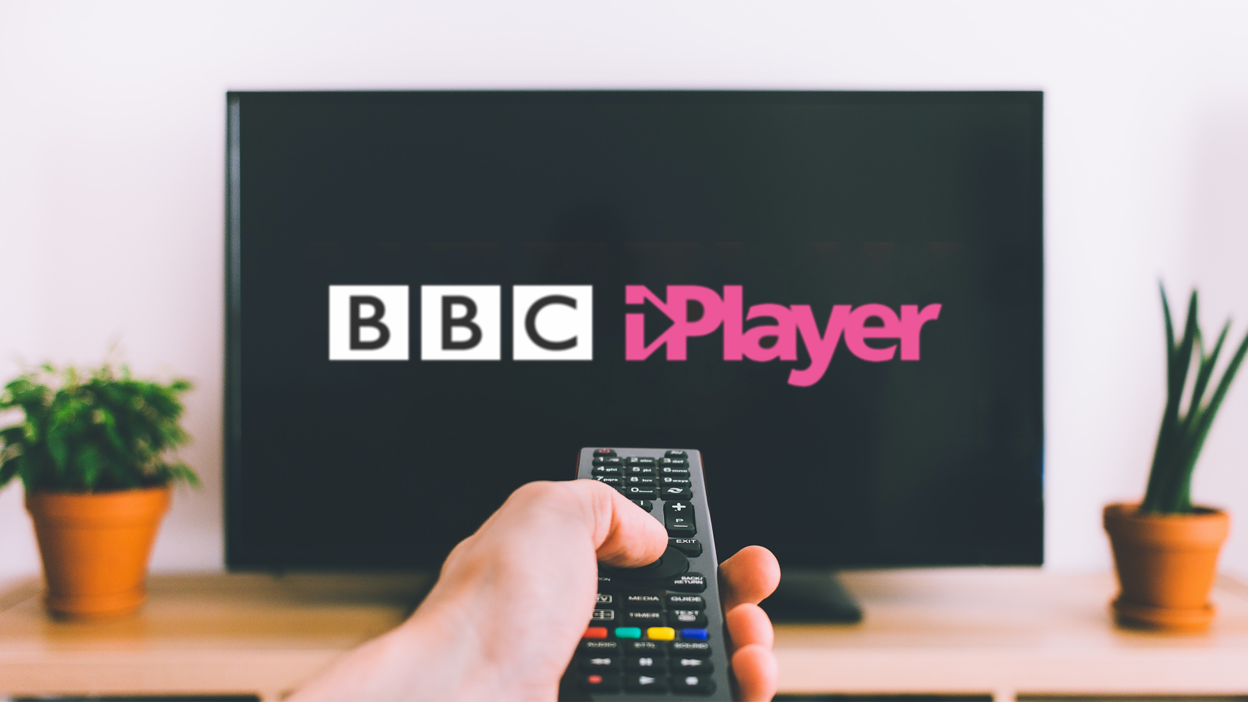The BBC has found a clever way to make iPlayer streaming even better quality
R&D teams at the BBC are always tweaking iPlayer to make it as good as possible

The BBC never stops trying to improve its technological solutions and iPlayer is a really important part of how the corporation reaches its audience. With broadcast TV in decline, most younger viewers want a simple and high quality way to watch their favourite shows. But while iPlayer is good, it’s perhaps not the best quality video streaming service.
However the BBC’s R&D department has been trying out new things and after some experiments it has determined that it can send even higher quality video streams. The test took place on the web, rather than using a smart TV, and added in a new 1080p50 video stream, that’s full HD with 50 frames per second - a format that’s very well suited to sports where detail and frame rate are both crucial.
Some complicated testing led the BBC’s team to realise that adding 1080p50 resulted in worse quality for those on bandwidths that could only support a 720p50 feed. This didn’t make sense, because the low bandwidth clients wouldn’t select the 1080p50 feed, but still ended up with worse quality on the lower resolution and bitrate version. It turned out that this was down to a bug of sorts in the code used which resulted in the player buffering less video. On slow connections, a good-sized buffer means you mitigate some of the dropouts by having more video stored in reserve.
- Why is the BBC not showing as much of The Olympics this year?
- Best TV 2021: the world's best 4K and 8K TVs, including top OLED and QLED buys
But the bug meant this didn’t work when the 1080p50 feed was present. A configuration tweak allowed the BBC to fix the problem. That means that everyone could now be given access to a 1080p50 feed, without upsetting the people using lower quality versions. Changing the configuration also allowed them to optimise the 720p feed better. You can read their more detailed blog post about it on the BBC R&D website.
A few weeks ago I had the chance to ask the BBC about iPlayer, particularly in relation to how many people use it and its future. Obviously the long term goal is to deliver as much as possible via the internet, but currently the UK doesn’t have anywhere near enough internet capacity to serve every single TV show to every viewer. We’re a few years away from that being practical.
It’s the BBC’s job to make sure that when you watch iPlayer you’re seeing the best quality you possibly can, with the minimal amount of buffering. It’s work like this test here that show how involved that process is and how good the BBC’s streaming offering is. And let’s be honest, we all know a certain large rival that simply couldn’t keep up with online demand during the 2020 Euros.
Get all the latest news, reviews, deals and buying guides on gorgeous tech, home and active products from the T3 experts
Ian has been involved in technology journalism since 2007, originally writing about AV hardware back when LCDs and plasma TVs were just gaining popularity. Nearly 15 years on, he remains as excited about how tech can make your life better.